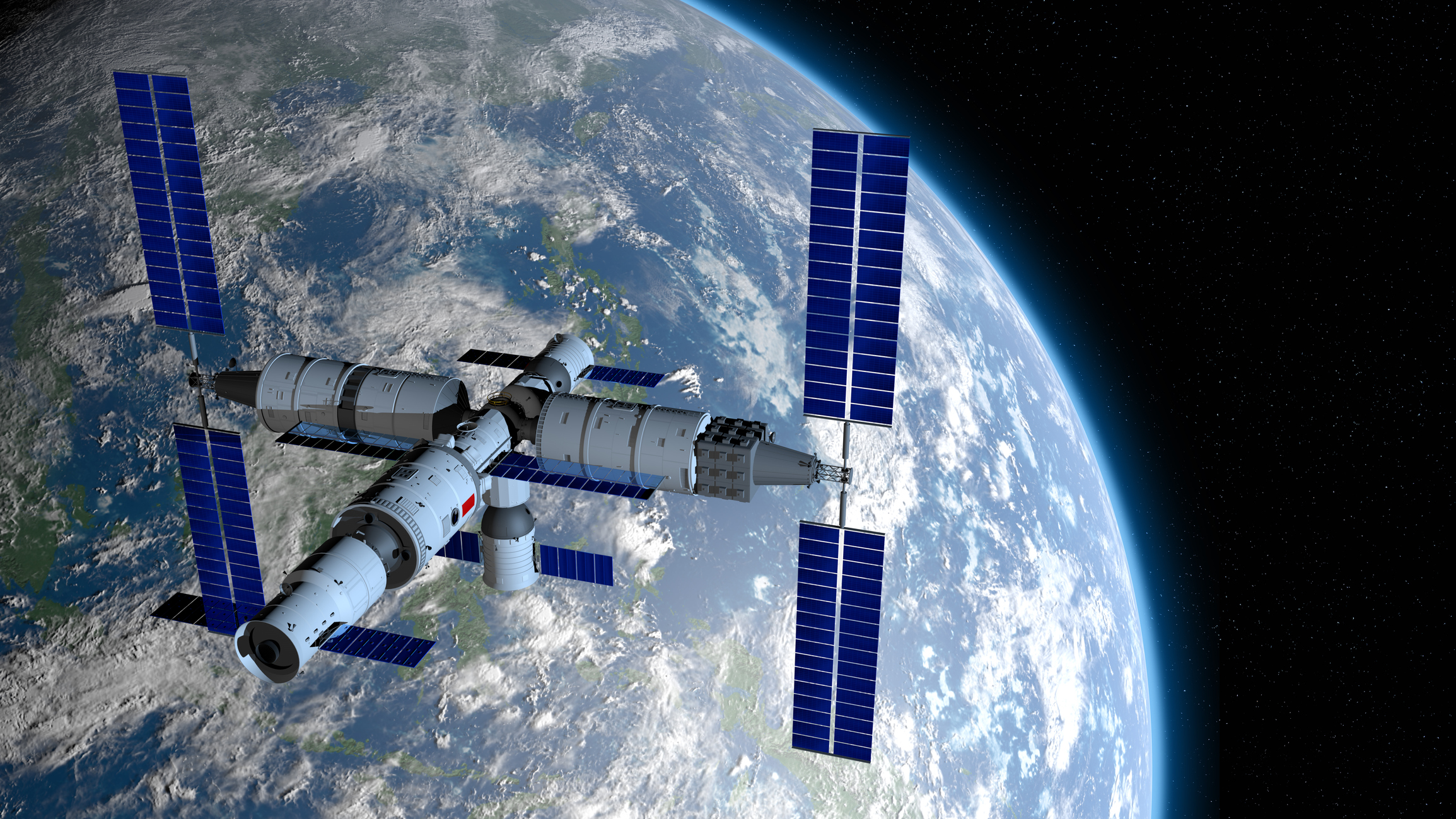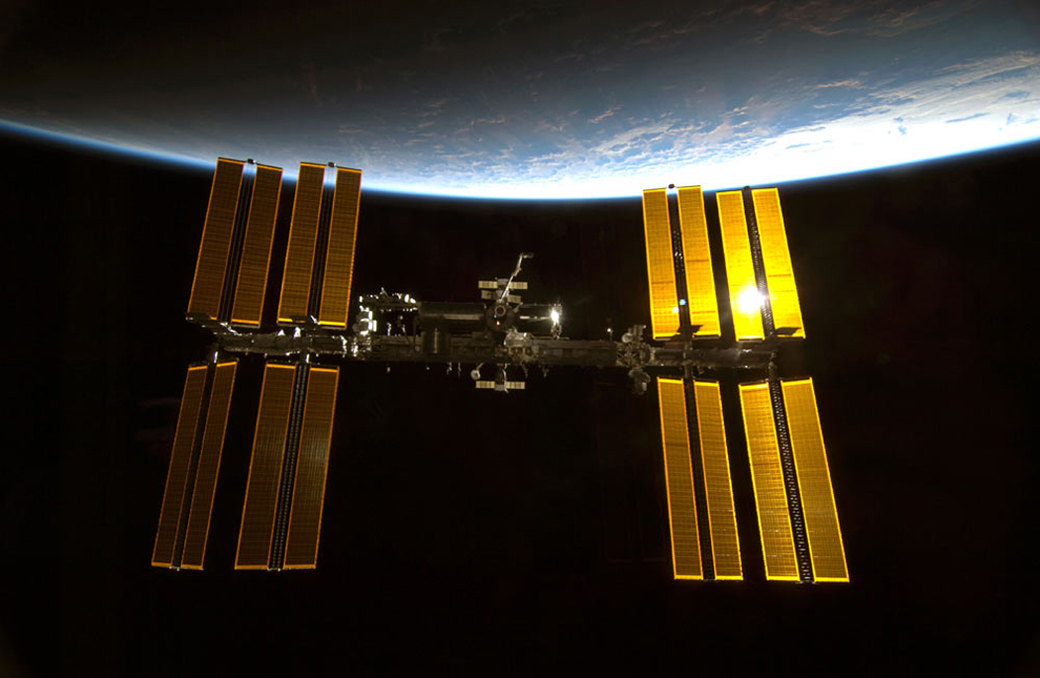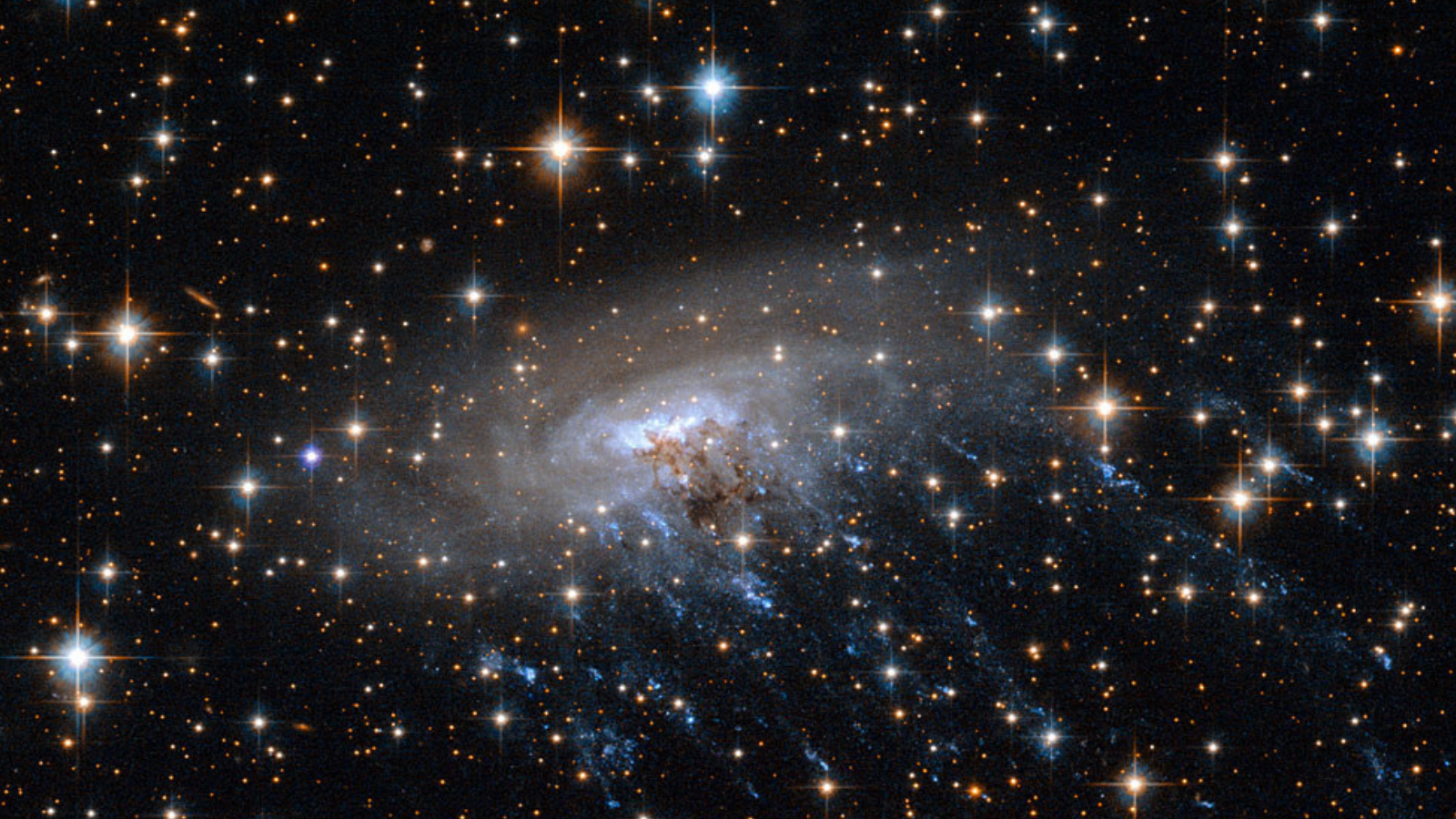China's rising influence in space prompts Senate to call for new US research institute in post-ISS era
As the International Space Station nears retirement, a bipartisan senatorial group proposed a National Institute for Space Research for U.S. microgravity research.

Breaking space news, the latest updates on rocket launches, skywatching events and more!
You are now subscribed
Your newsletter sign-up was successful
Want to add more newsletters?

Delivered daily
Daily Newsletter
Breaking space news, the latest updates on rocket launches, skywatching events and more!

Once a month
Watch This Space
Sign up to our monthly entertainment newsletter to keep up with all our coverage of the latest sci-fi and space movies, tv shows, games and books.

Once a week
Night Sky This Week
Discover this week's must-see night sky events, moon phases, and stunning astrophotos. Sign up for our skywatching newsletter and explore the universe with us!

Twice a month
Strange New Words
Space.com's Sci-Fi Reader's Club. Read a sci-fi short story every month and join a virtual community of fellow science fiction fans!
A bipartisan group of senators wants the U.S. to establish a new National Institute for Space Research to "ensure the nation is equipped to lead in the next space race" against China.
The institute would coordinate national research on whichever private space stations will pick up the baton after the International Space Station (ISS) retires in 2030. But that outcome requires Congress' approval of the newly proposed Space RACE (Research And Continuing Exploration) Act.
The senatorial group, which includes former NASA astronaut Mark Kelly (D-AZ), argue that the new institute is needed to reduce opportunities for China's Tiangong space station to pick up multinational research after the ISS retires. And it's not the first time Congress has brought this up; hearings under the Biden administration pointed to the risk of the U.S. losing research dollars if Tiangong is the only orbital facility available when ISS retires.
"From my time on the International Space Station, I saw how the research our astronauts conduct drives innovation here on Earth and strengthens America's long-term competitiveness," Kelly, who visited the station four times between 2001 and 2011 during the space shuttle program, said in a statement Wednesday (Nov. 19). "As China and other countries expand their space programs, the United States can't afford to lose ground."
"It is critical for America to have every tool and competitive advantage at our disposal to launch into the next space race," added Senator John Cornyn (R-TX) in the same statement. Other senators named on the legislation are John Hickenlooper (D-CO), Roger Wicker (R-MS) and Ben Ray Luján (D-NM).
The Chinese space program stands apart from NASA's activities; the U.S. and China are forbidden from bilateral cooperation (except activities expressly approved by Congress ahead of time) under 2011 legislation known as the Wolf Amendment. In recent years, Congressional hearings have stated that China is stepping up cyberattacks and satellite surveillance. China, meanwhile, has mounted several robotic moon missions and a Mars mission in recent years, and both China and NASA are aiming to land astronauts on the moon again before 2030, via different international consortiums.
NASA, however, is facing a 24% budget cut, from $24.8 billion to $18.8 billion, in fiscal 2026 if the White House's proposal is enacted by Congress. Much of that cut would come from the agency's science program, which would see its funding drop by 47%. Critics have said that slashing science could make the U.S. vulnerable to losing relevance in space, while the Trump administration maintains that these measures are needed to focus exploration on crewed efforts to the moon and Mars.
Breaking space news, the latest updates on rocket launches, skywatching events and more!
In the words of the senators' statement, the Space RACE act would:
- "Create a National Institute for Space Research, a federally controlled but independently operated entity designed to coordinate and advance U.S. microgravity research in LEO [low Earth orbit] using next-generation space platforms after the retirement of the ISS;
- Support public-private partnerships and economic development by bridging government and commercial sector interests;
- And bolster America's geopolitical influence, strategic positioning, and leadership in the emerging space economy around the world."
The statement cites a recent SpaceNews report saying that China aims to ramp up demand for services at Tiangong through sending up new modules. China has also been reported to be seeking more international collaborations in orbit, and to attract foreign astronauts through training.
"China's ability to offer space-based partnerships to other nations allows it to build soft power and potentially shift international norms in space governance and tech standards," the senators state. Building the institute would counteract that, they argue, through allowing the U.S. to "support small businesses, and lower barriers to entry into space research and development."

Elizabeth Howell (she/her), Ph.D., was a staff writer in the spaceflight channel between 2022 and 2024 specializing in Canadian space news. She was contributing writer for Space.com for 10 years from 2012 to 2024. Elizabeth's reporting includes multiple exclusives with the White House, leading world coverage about a lost-and-found space tomato on the International Space Station, witnessing five human spaceflight launches on two continents, flying parabolic, working inside a spacesuit, and participating in a simulated Mars mission. Her latest book, "Why Am I Taller?" (ECW Press, 2022) is co-written with astronaut Dave Williams.
You must confirm your public display name before commenting
Please logout and then login again, you will then be prompted to enter your display name.

